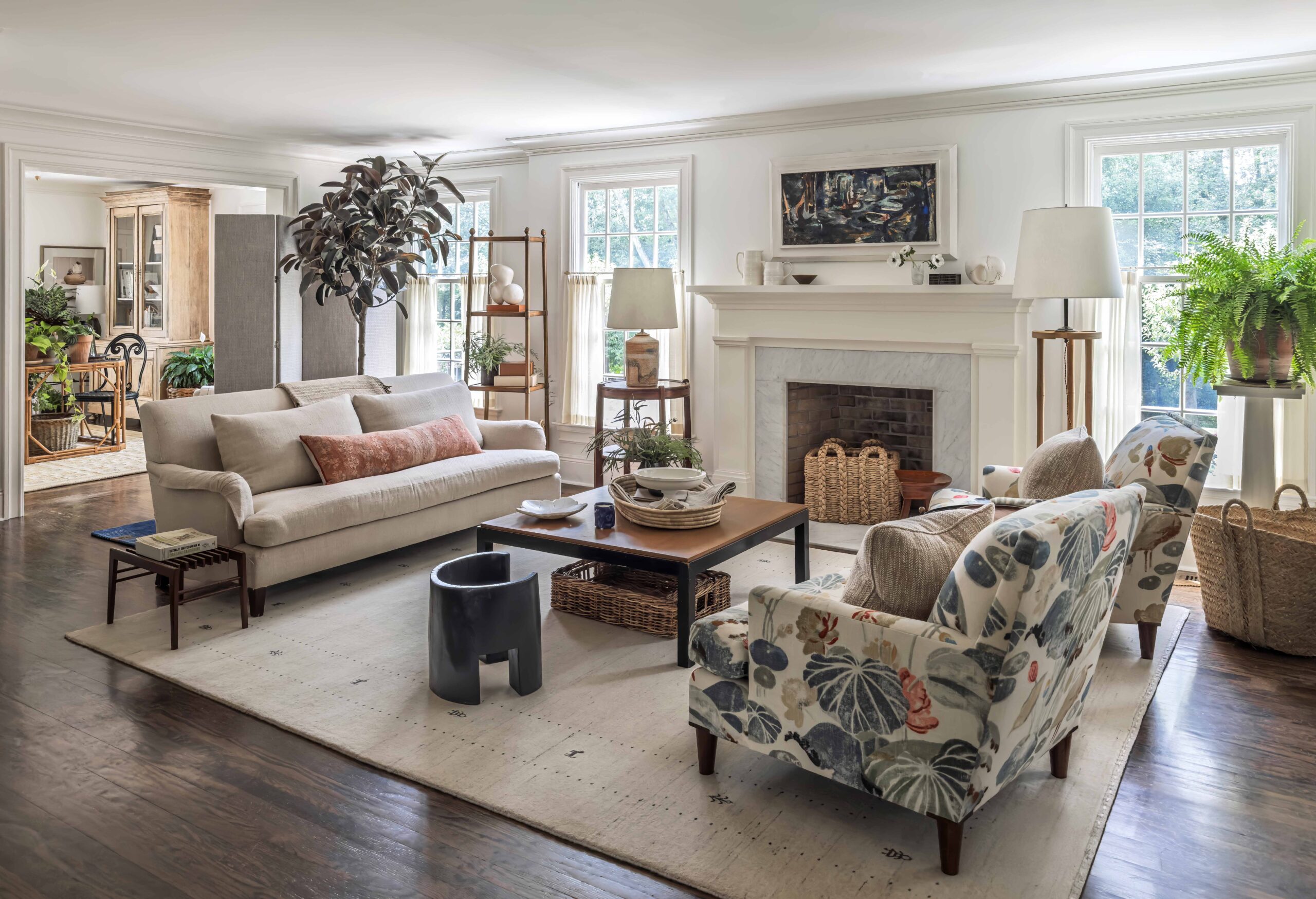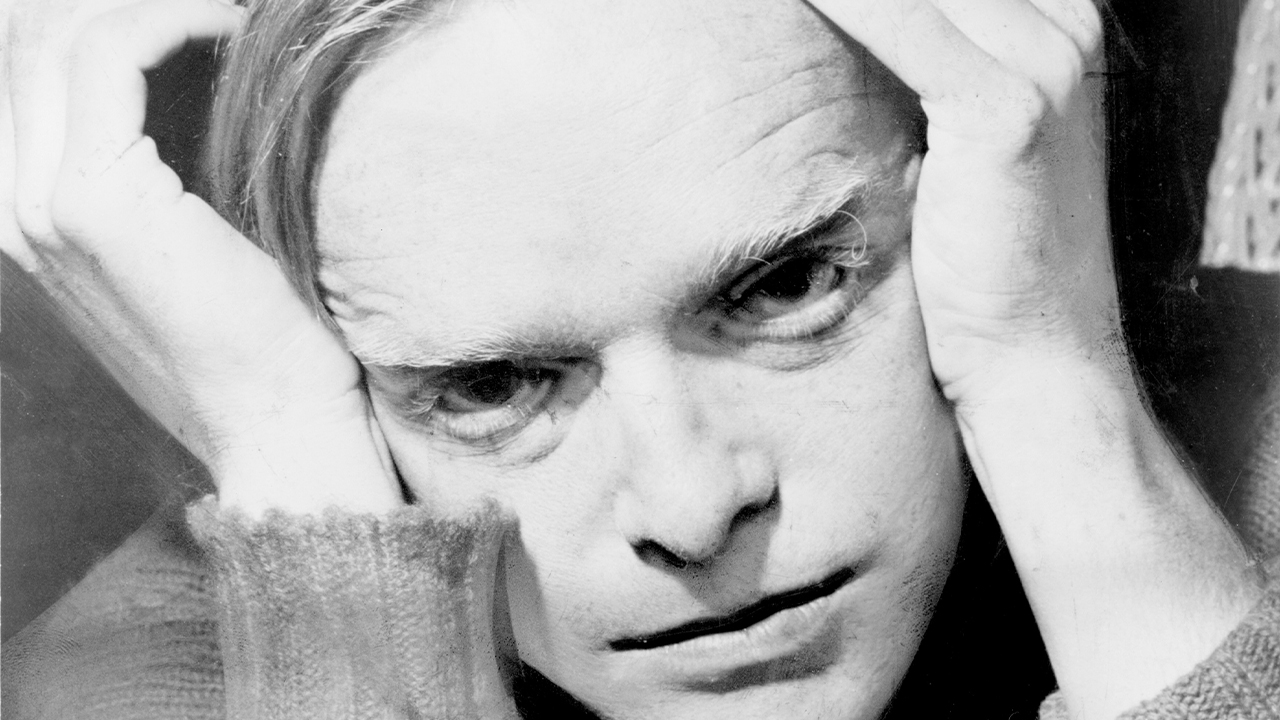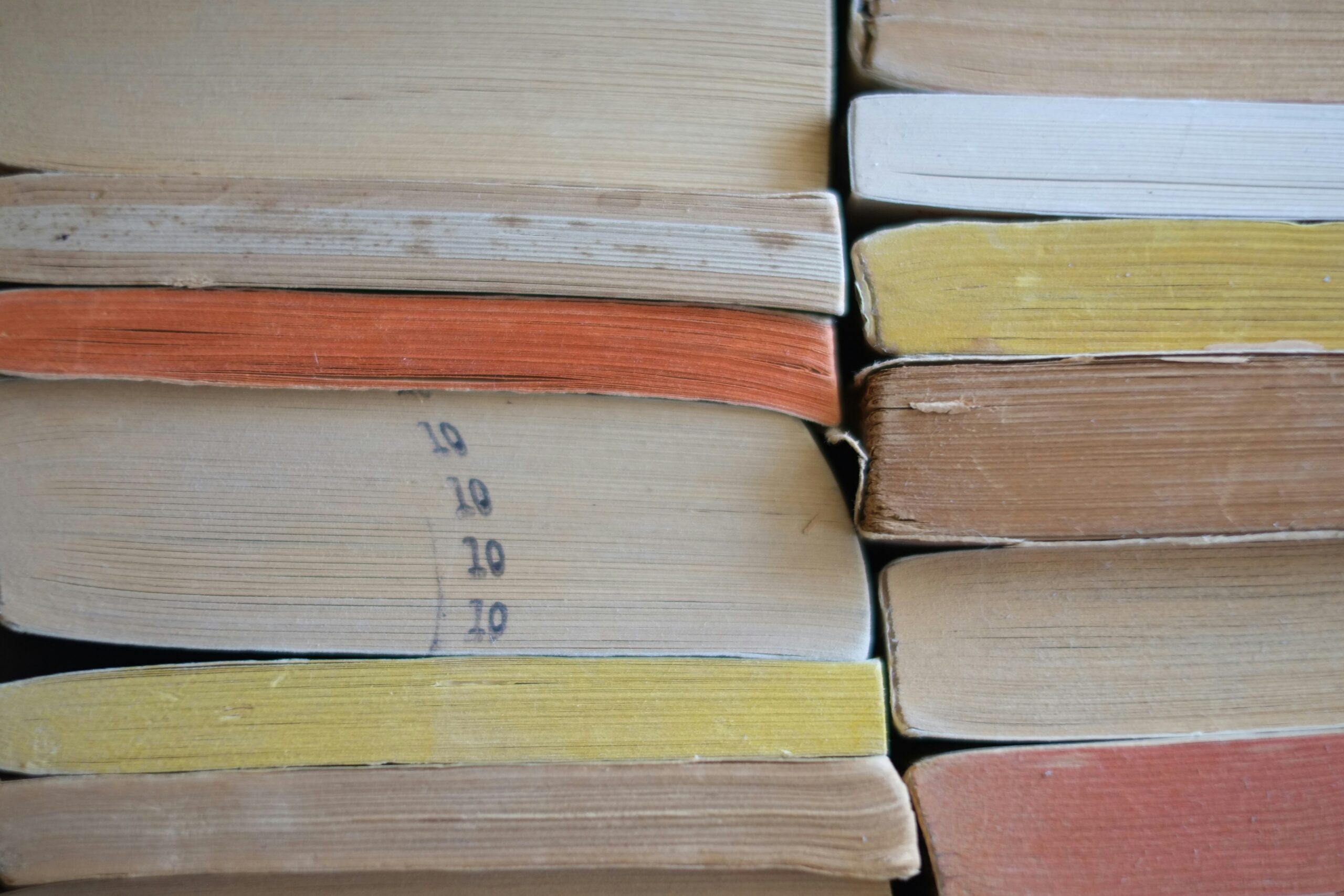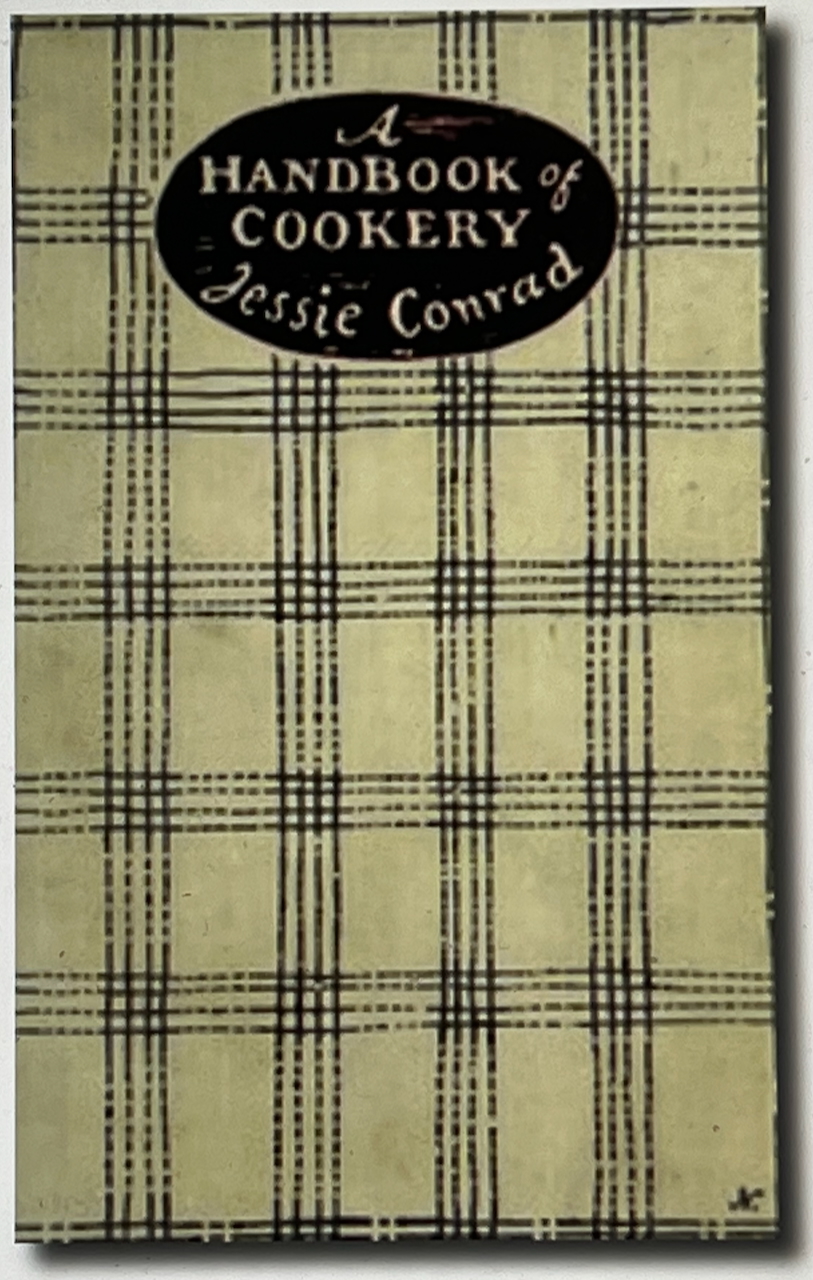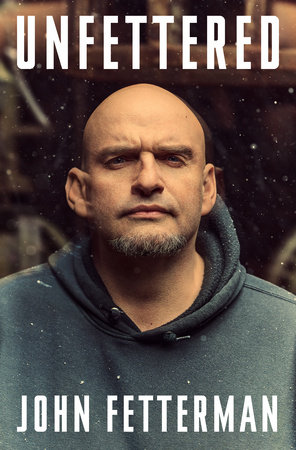The Cello
October 25, 2022

For most of Christian Okeke’s childhood, life in Lagos is day-to-day, the future remote and unconsidered. He plays, he studies, he goes to church—
He goes to church. And there, at Holy Cross Cathedral, he discovers music, and his first story begins.
This story is universal: a tale of a boy with raw talent, driven by passion, whacking away one obstacle after another until he can express himself in sound.
To join the church orchestra and play in the once-a-year concert, Handel’s Messiah, Christian will have to teach himself to play an instrument entirely strange to him. Dubious, he begins. And when he hears “all these voices put together in one instrument,” he falls in love with the cello.
He learns of a nearby cellist (they are rare in Nigeria) and asks if he can come use his cello now and then, walking miles just to play for an hour or two. Back home, he practices in his head.
For a solid year, Okeke works twelve hours a day—doing construction, working in a factory, mopping up spilled beer and sticky foam at a bar—to buy his own cello. It arrives naked—no strings, no pegs, and no bridge—so his cellist friend helps him find all he needs.
Once he has his cello, he stops working, because in Lagos, shifts last a full twelve hours, leaving him no time to practice. He decides it is okay to be a little hungry. In 2020, though, his father dies, and now he has to help his mother sell food on the street so there will be enough money to take care of his four brothers and two sisters.
No one else in the family plays music or appreciates classical music. Okeke’s mother is proud of him automatically, but he keeps trying to teach her about the music, wanting her to have more than a secondhand understanding of his passion. For the company of other musicians, he joins the Facebook International Cello Society. There, he meets Dianne Betkowski, and she is so encouraging that he sends her a videorecording of himself playing Bach’s Prelude in G Minor.
The performance is so fine, especially for someone self-taught, that she shares it with a friend in St. Louis who loves music. Impressed, he suggests that Okeke come to study with Kurt Baldwin, who teaches cello at the University of Missouri-St. Louis and plays with the acclaimed Arianna String Quartet. The friend offers to help defray the cost. To make up the balance, Betkowski enlists friends at the Saint Louis Symphony Orchestra, and they do some hurried, impromptu fundraising.
Until now, the sacrifices have belonged to Okeke. Now it is his mother’s turn. She smooths his worries and urges him to go. He races to fill out the forms, learning new repertoire in a week for a video audition.
His application for a student visa is denied.
A generous St. Louisan pays for him to receive visa interview coaching from a former visa officer via Zoom. He applies again, and this time the officer thoroughly investigates all the evidence in support of his application and ends the interview by saying, “We believe in you.”
• • •
Now, Okeke’s is an immigrant story. Full of nervous excitement—can it really be happening?—he books a flight to St. Louis in late November. Then he falls sick with both typhoid fever and malaria and has to cancel. The minute his symptoms abate, he books another flight. He will reach St. Louis on New Year’s Eve 2021.
Stepping out of the airport’s hermetically sealed world, he gasps at the shock of frozen air. “My first time to see snow!” he will say later, his rhapsody ending in a remembered shiver. “It is very, very beautiful. But it is cold.” He buys himself a winter jacket and sturdier shoes. He buys himself food, which takes hours because he is so confused, dizzied by all the choices.
People compliment his fluent English, revealing their ignorance. “The top two major languages spoken by Africans are English and French,” Okeke says. “My country, Nigeria, was colonized by the British, so that’s its official language and the major means of communicating with people of different tribes.”
Despite his fluency, St. Louisans are wary of him. They have been warned about all those princely Nigerian scams.
“Not everyone does scams,” he says, his strong jaw set. “It is just like what some people say about America, that it is a racist country. Is everyone racist? No. I have met beautiful, kind, nice people, and I am so lucky to be surrounded by them.” He mentions a proverb: “If you close your eyes because of bad people around you, you will not see the good people passing by. It is just like fruit and vegetables damaged unintentionally; you don’t just accept it as all bad. You have to check it all to find the good ones.”
Luckily, other musicians see him only as a musician, not a suspicious Nigerian. He begins studying with Baldwin, his first real teacher. “There’s no wrong or right way,” Baldwin will sometimes say, “but there’s always a better way.” He teaches Okeke which part of the bow to use, how to pay more attention to his right hand, because too many cellists obsess about the notes’ position and not the gesture that lets those notes sing. Finally—and despite Baldwin’s aphorism—Okeke can be sure there are things he is doing the right way, instead of groping along by trial and error all by himself.
He practices whenever possible.
But the pain is getting worse.
• • •
This is where Okeke’s story becomes the biblical story of Job. He had fought poverty, lost his father, worked himself to the bone, practiced every free hour, braved a new country, all to play the cello. And now his fingers are so swollen and inflamed, he cannot pluck its strings.
His joints started to stiffen back in Nigeria, but the local pharmacist diagnosed a vitamin deficiency. Betkowski, whose husband is a physician, suspected rheumatoid arthritis. That was another reason to get Okeke to the States as quickly as possible so that the disease could be diagnosed and treated.
His new doctor—the head of rheumatology at Barnes Jewish Hospital—begins conservatively, prescribing prednisone and methotrexate, but Okeke feels little relief. He plows ahead with his new routine—working on campus, taking a full courseload, making the dean’s list—and against logic, he keeps going to rehearsals, because it salves his soul just to hear the others playing. He stretches his fingers as he listens, working them the way you bite on a sore tooth just to ensure it still hurts.
He is scared.
There is another possible medication, his doctor reminds him in July, a new-generation immunosuppressant called Humira. The drug is expensive. Okeke adds a second work-study job and learns to inject the medicine into the softness of his stomach.
Within a few weeks, he can feel the difference. With tentative fingers, he touches the cello’s bridge, then presses harder. He finds he can close his fingers securely. He begins to play again.
• • •
Betkowski gives Okeke cookbooks so he can learn to fix himself healthy food. Staying healthy is now his full-time job, though the other two jobs and classes and cello practice still mean nights when he gets only four hours of sleep. “Any space you have, you are always thinking, ‘Oh, let me just go and do this part, let me practice this section,’” he explains. “People think it magically happens, but musicians put in so much time and work just to play a single piece of music.”
The effort is redeemed by the exhilaration of performing alongside other musicians, making the audience happy. Practicing, though, “is a different world,” he adds ruefully. “Dianne will always tell me, ‘Don’t worry about mistakes. Mistakes will come. But there’s this impulse to be very perfect, and there is so much to think about. The composer will never tell you, ‘Play this note louder.’ You have to be the one to interpret. You have to make people feel interested.”
Handel had been his first challenge, but he quickly moved on to Bach, which “is really complicated, but it’s such beautiful music. I play Bach more than I play other composers, so I think I understand better what he’s trying to say.” Next up: Haydn.
These days, Okeke thinks a lot about the future—how amazing it could be—“and that makes giving up not an option. I see myself someday in an orchestra. I see myself in a very good place where I can share music and make music with other musicians. I hope to travel home and give free lessons—I have to give back!”
How did it feel when he returned to the cello after those months of pain, I wonder.
His smile splits his face, and the nervousness of the interview drops away. “It felt amazing,” he says, voice booming. “It felt like I’d been away from someone who means so much to me.”
And—I hate asking this—if the RA worsens again, and he has to stop playing? What difference would that make to his life?
He answers instantly.
“My heart would be missing.”
Read more by Jeannette Cooperman here.

